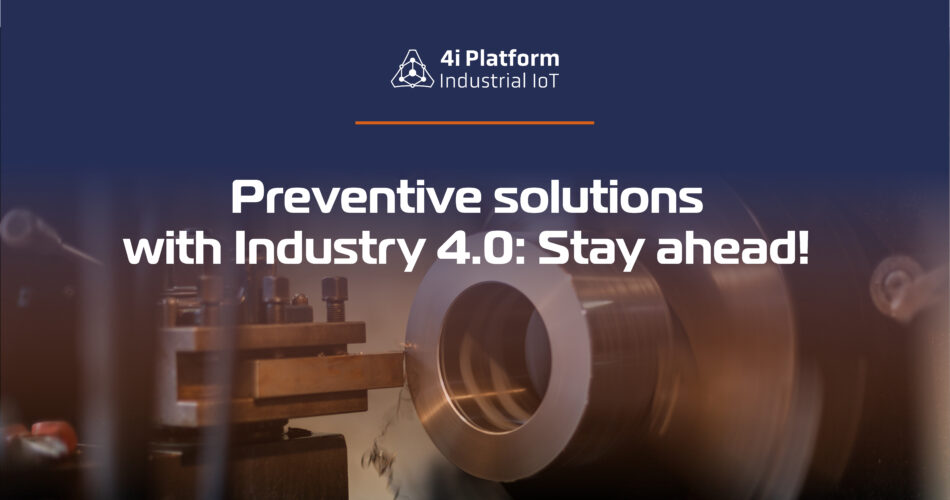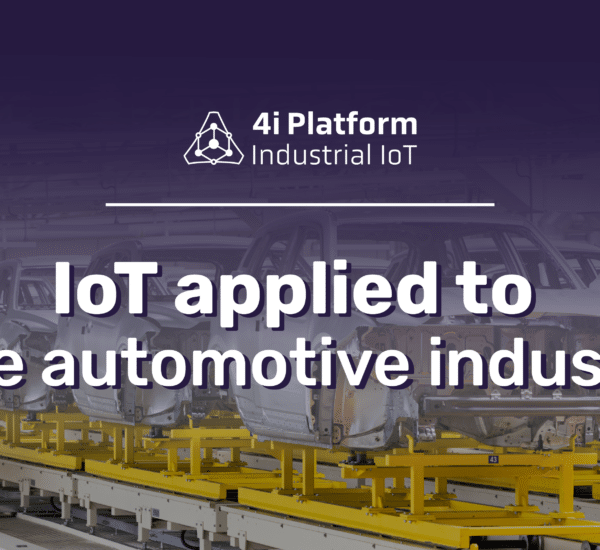Preventive vs Predictive Maintenance
In the dynamic landscape of Industry 4.0, where intelligent production systems rule, the spotlight is on preventive and predictive maintenance solutions. These proactive approaches save businesses from costly equipment failures and downtime, and in this realm, preventive maintenance takes center stage.
Preventive maintenance, a cornerstone of any effective maintenance program, involves scheduled tasks like lubrication, cleaning, and inspection to ward off equipment failure. It’s the proactive step to extend equipment life and enhance reliability.
Predictive maintenance, a more advanced sibling enabled by the Industrial Internet of Things (IIoT), uses data analytics to foresee equipment failures. Then, IIoT sensors gather data on factors like temperature, vibration, and acoustic emissions, which AI then analyzes to predict potential issues.
Moreover, while both preventive and predictive maintenance are crucial in Industry 4.0, the former remains the bedrock. Scheduled based on manufacturer recommendations and equipment operating conditions, preventive maintenance forms the backbone of an efficient maintenance program.
Examples of preventive maintenance solutions for Industry 4.0 include:
- IoT-based Predictive Maintenance Systems: Utilizing sensors and AI, these systems predict equipment failures, allowing scheduled maintenance to prevent downtime and hefty repairs.
- Computerized Maintenance Management Systems (CMMS): CMMS software tracks and manages preventive maintenance tasks, ensuring they’re performed on time with all necessary resources.
- Condition Monitoring Systems: These track equipment condition, identifying potential issues early on to prevent failures and reduce downtime.
Benefits of Preventive Maintenance:
- Reduced Downtime: Avoiding equipment failures through preventive maintenance leads to significant savings in lost production and revenue.
- Extended Equipment Life: By reducing wear and tear, preventive maintenance contributes to longer equipment lifespan, saving on new equipment costs.
- Improved Reliability: Proper maintenance ensures equipment reliability, resulting in enhanced product quality and customer satisfaction.
- Reduced Costs: Preventive maintenance lowers overall maintenance costs by preventing failures and extending equipment life.
Why Preventive Maintenance is Vital in Industry 4.0:
With Industry 4.0’s increased complexity and automation, equipment failures can have a more significant impact on production and revenue. Preventive maintenance becomes paramount in avoiding costly failures and maintaining smooth operations.
Therefore, the data collected by IIoT sensors further refines preventive maintenance programs. Businesses can identify patterns in equipment performance, allowing for more targeted preventive maintenance tasks.
Implementation Tips for Effective Preventive Maintenance in Industry 4.0:
- Use Data for Decision-Making: Collect data on equipment condition to identify trends, aiding in developing targeted preventive maintenance tasks.
- Invest in the Right Tools: Leverage tools like CMMS software and IIoT sensors to track and manage maintenance tasks and gather equipment data.
- Train Your Employees: Educate your employees on preventive maintenance principles to enhance understanding and task performance.
As Benjamin Franklin wisely said, “An ounce of prevention is worth a pound of cure.” In the Industry 4.0 era, effective preventive maintenance programs are the ounce of prevention, offering businesses reliability, cost savings, and prolonged equipment life.
4i Platform’s Innovative Solution: ELT
In the world of preventive solutions, 4i Platform’s ELT solution stands out. This web-based solution empowers businesses to monitor assets in real time, detecting potential breakdowns and improving efficiency. With ELT, businesses experience an 8% boost in production, a 15% reduction in downtime, a 30% cut in maintenance costs, and a remarkable 70% increase in productivity without breakdowns.
Connect with a 4i Platform agent to elevate your preventive maintenance strategy and embrace the efficiency of Industry 4.0.






